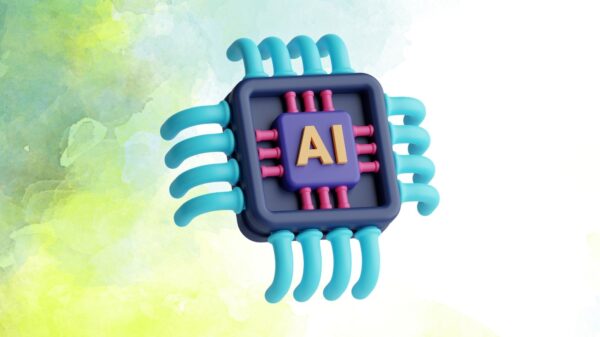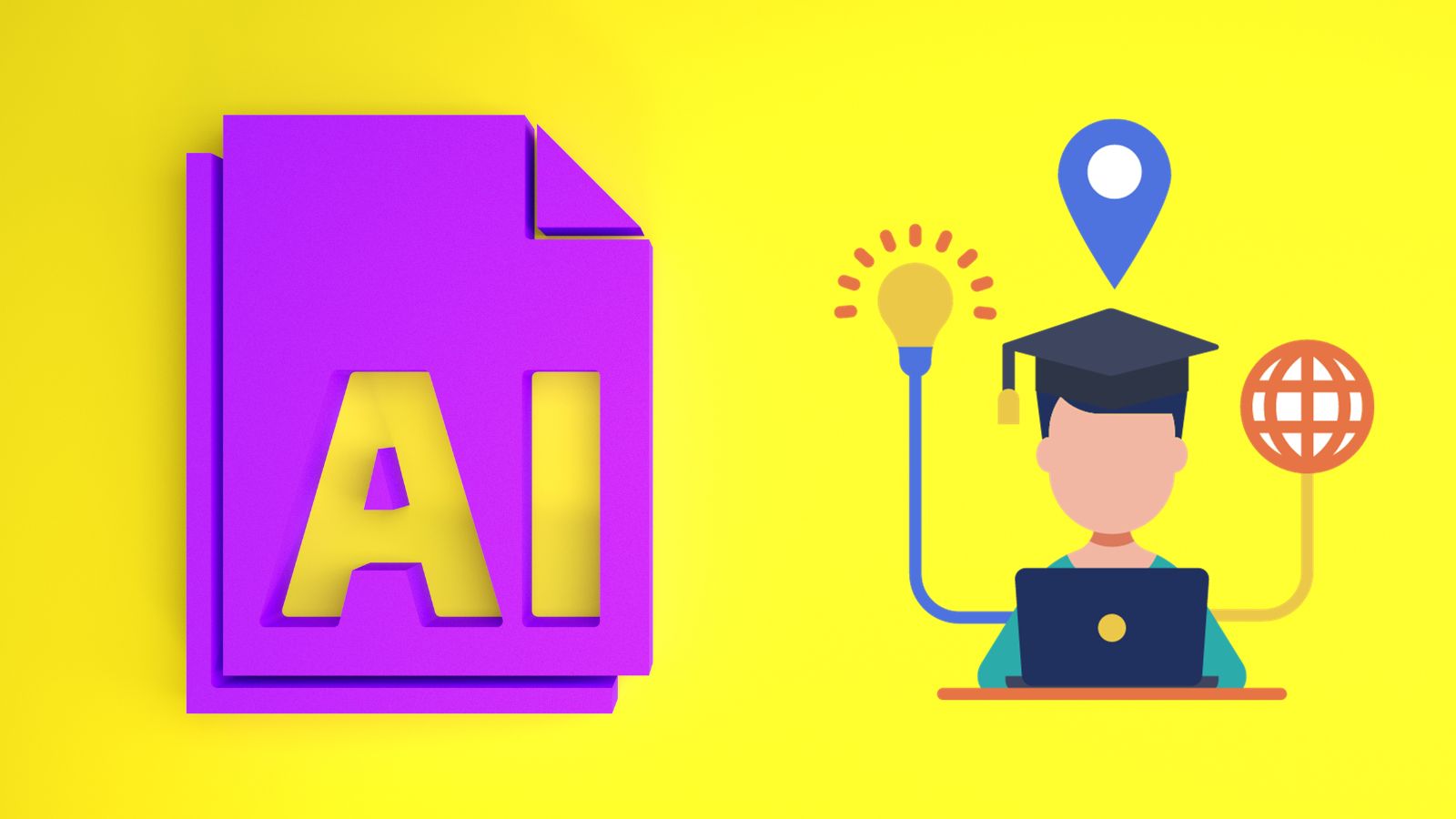The educational landscape is undergoing a radical transformation, thanks to the integration of artificial intelligence (AI). The impact of AI on education is multifaceted, promising to revolutionize the way we learn, teach, and manage educational institutions. In this comprehensive guide, we will explore the profound influence of AI on education and provide insights into what students, educators, and institutions should do to harness its full potential.
AI in Education: A Game-Changer
Artificial intelligence has emerged as a game-changer in education, with the potential to reshape traditional teaching and learning paradigms. Let’s delve into the ways AI is making inroads into the education sector:
- Personalized Learning: One of the most significant contributions of AI in education is personalized learning. AI-powered systems can analyze students’ learning patterns, strengths, and weaknesses, allowing for the creation of tailored learning experiences. This individualized approach helps students grasp concepts more effectively and at their own pace, ultimately improving learning outcomes.
- Enhanced Teaching Tools: Educators now have access to a plethora of AI-driven teaching tools that can revolutionize their teaching methods. These tools encompass everything from virtual labs and simulations to multimedia resources. By leveraging these resources, educators can create engaging and interactive content that makes learning more dynamic and appealing.
- Predictive Analytics: AI excels at predictive analytics. In education, this means the ability to forecast student performance based on historical data and ongoing assessments. AI systems can identify students who may be struggling and require additional support, allowing educators to intervene proactively. This early intervention can prevent students from falling behind and enhance their chances of success.
- Efficient Administrative Tasks: Educational institutions are not immune to the benefits of AI. Administrative tasks such as admissions, enrollment, and grading can be streamlined through automation. This efficiency frees up valuable time and resources that can be redirected toward more strategic endeavors, like improving curriculum and student services.
- Language Processing and Translation: AI-driven language processing tools are revolutionizing language learning. These tools provide instant translation, pronunciation feedback, and language comprehension assistance, breaking down language barriers and facilitating language acquisition.
What You Should Do as a Student:
As a student, you are at the forefront of the AI revolution in education. Here are some steps you can take to make the most of these advancements:
- Embrace Technology: Embrace AI-driven educational tools and platforms. Familiarize yourself with their functionalities and how they can supplement your learning. These tools can help you grasp difficult concepts more effectively and improve your overall educational experience.
- Stay Curious: AI is a rapidly evolving field. Stay curious and open to new technology. Seek out opportunities to explore and experiment with AI-driven tools and resources. Being tech-savvy can not only enhance your educational experience but also boost your future career prospects.
- Feedback Loop: Provide feedback on AI-powered learning platforms. Share your insights, suggestions, and concerns with educators and institutions. Your feedback can contribute to the continuous improvement of these systems, benefiting future generations of learners.
What You Should Do as an Educator:
Educators play a pivotal role in integrating AI into the classroom effectively. Here’s what you can do as an educator:
- Professional Development: Invest in professional development opportunities that help you understand and effectively use AI tools in the classroom. This training will empower you to create engaging and tailored learning experiences for your students.
- Monitor Student Progress: Leverage AI analytics to monitor student progress. These analytics provide valuable insights into student performance and engagement. Identify areas where additional support may be needed and intervene promptly to ensure student success.
- Encourage Collaboration: Foster a collaborative learning environment where students can work together and with AI tools. Encourage discussions, group projects, and peer-to-peer learning. AI can be a valuable partner in collaborative educational endeavors.
What Educational Institutions Should Do:
Educational institutions, from schools to universities, should take specific actions to harness the full potential of AI:
- Invest in AI Infrastructure: Allocate resources to implement robust AI infrastructure that supports personalized learning, administrative efficiency, predictive analytics, and other AI-driven initiatives. This investment will lay the foundation for transformative changes in education.
- Data Security and Privacy: In the era of AI, data is a valuable asset. Ensure robust data security and privacy measures to protect student information while using AI systems. Compliance with data protection regulations is paramount.
- Research and Development: Collaborate with AI developers and researchers to create cutting-edge educational technology. This partnership can lead to the development of innovative AI-powered tools that benefit both students and educators.
As AI continues to reshape education, students, educators, and institutions have the opportunity to embrace this transformative technology fully. By adopting AI-powered tools and strategies, we can create more engaging, efficient, and personalized learning experiences that prepare students for the challenges of the future. Embracing AI in education isn’t just a choice; it’s an essential step toward providing quality education in the 21st century.
In a world where technology is advancing at an unprecedented pace, education must keep pace to equip learners with the skills and knowledge they need to thrive. AI is the compass guiding us toward a brighter educational future, and by navigating this path wisely, we can collectively shape the next generation of learners and leaders.




























